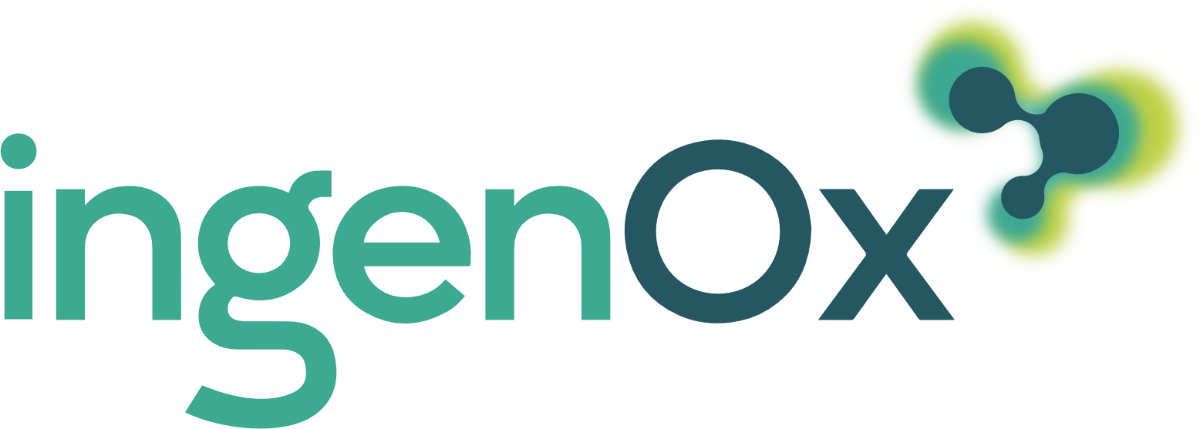Oxford, UK, 21 March 2019 – Celleron Therapeutics, the UK-based company developing personalised medicines for cancer patients, announce today a new UK Phase Ib/II clinical trial testing a novel immune-oncology agent in combination with its novel epigenetic regulator CXD101, in patients suffering from advanced Diffuse Large B-Cell Lymphoma (DLBCL).
DLBCL is the most common lymphoma, representing 31% of the non-Hodgkin lymphomas and it is rapidly fatal if untreated. The standard therapeutic approach to DLBCL is high-dose chemotherapy in the setting of stem cell/bone marrow transplantation. Subsequent treatment is then tailored according to stage or bulk of disease and response to therapy. Most patients however will ultimately relapse or become resistant to chemotherapy. Thus there remains a very significant unmet clinical need to find novel agents, singly and/or in combination, for the treatment of these late-stage patients.
CXD101 has demonstrated clinical activity in refractory cancer patients and has a strong preclinical rationale for combination with immune checkpoint inhibitors.
The Chief Investigator responsible for the trial, Dr Graham Collins, Consultant Haematologist, Oxford University Hospitals Trust, and member of the National Cancer Research Institute Clinical Studies Group, commented: “Immunotherapy has made great inroads into the treatment of relapsed lymphomas, but remissions are usually not sustained. Combined use of HDAC inhibitors like CXD101 is a logical way to improve outcomes with immunotherapy agents, as they are predicted to increase the ability of the immune system to recognise cancer cells. The PLACARD trial aims to combine CXD101 with the undisclosed immune-oncology drug to test this hypothesis in this important area of unmet need.”
Professor David Kerr CBE, Founder and Chief Medical Officer, CelleronTherapeutics and Professor of Cancer Medicine, University of Oxford commented: “We are delighted to be working with the UCL clinical trials office to deliver this important study. The trial is an extension of exciting observations we have made in the laboratory and represents the best of precision cancer medicine.”
Professor Nick La Thangue, Chief Executive and Founder of Celleron Therapeutics, and Professor of Cancer Biology in the Department of Oncology at Oxford University, commented: “It is a very significant endorsement of Celleron’s clinical approach to be collaborating with UCL on this important clinical trial. We look forward to working with Dr Collins in this exciting partnership and exploring the therapeutic utility of CXD101.”
NOTES:
About Celleron Therapeutics
Celleron Therapeutics is a biopharma advancing a clinical and pre-clinical pipeline of precision therapies for different cancer indications. The company is a spin-out from Oxford University and located on the Oxford Science Park, UK. Celleron Therapeutics has built a proprietary platform around epigenetic control and immune modulation, providing its drugs with a two-pronged attack on cancer. Celleron’s approach seeks to align the right drug with the right patient enabling a personalised approach to cancer therapy.
Celleron Therapeutics’ focus is on those cancers where there is still an unmet need for long-term disease control. It is hoped that not only will patients volunteering for our clinical trials benefit directly, but the results from these studies will ultimately allow the general use of more effective, safer medicines. Our goal is not only to treat cancer, but improve quality of life during therapy by reduction of side effects.
Celleron has a global license partnership with Astra Zeneca and is also initiating new trials in China. The company secured investment in 2016 from a consortium of South Korean investors.
For more information see www.cellerontherapeutics.com
About CXD101
CXD101 is Celleron Therapeutics’ next generation epigenetic immune-regulator representing a class of drug that kills cancer cells by blocking certain vital functions involved in gene expression (histone–deacetylase [HDAC] inhibitor) and reactivates the patient’s immune system so that cancer cells can no longer evade immune recognition.
The European Medicines Agency (EMA) has previously granted CXD101 Orphan Drug Designation as single agent therapy, based upon early-phase trial efficacy seen in relapsed or refractory Peripheral T-Cell Lymphoma (PTCL) patients. A PTCL Phase II trial is scheduled to start late 2019 in China.
Celleron Therapeutics also have an ongoing Phase II clinical trial investigating the effectiveness of CXD101 in combination with an immune oncology agent, against a type of colorectal cancer (microsatellite stable) which typically does not respond to IO agents alone (CAROSELL Study). The clinical trial strategy rests on compelling pre-clinical results which provide novel insights into how CXD101 and IO drugs work together to re-engage recognition of tumours by the immune system. The trial will also allow exploration of a range of new biomarkers to help select those patients likely to benefit most from combination therapy.
Download the press release here
